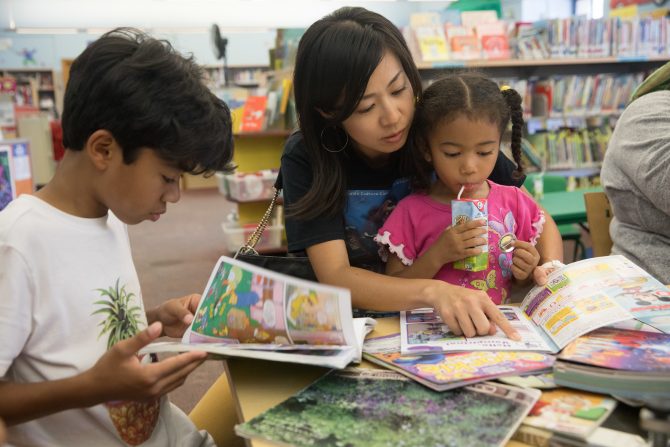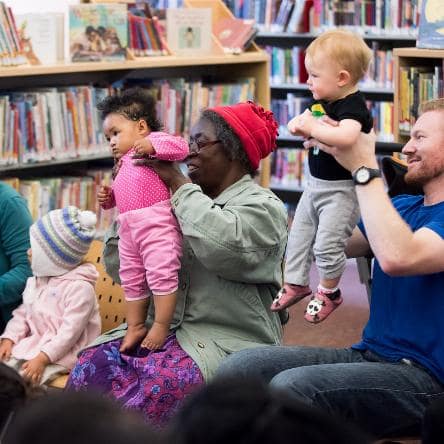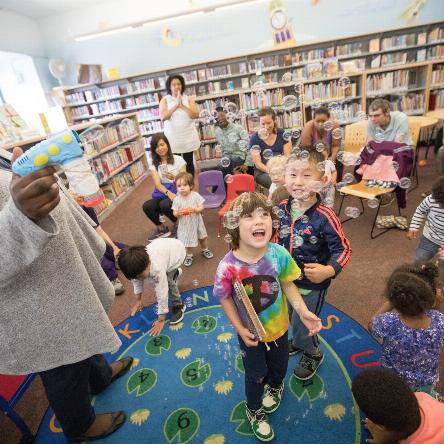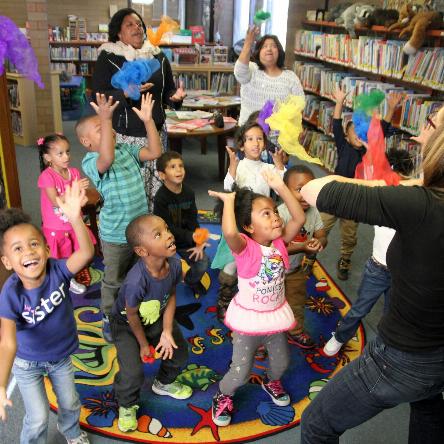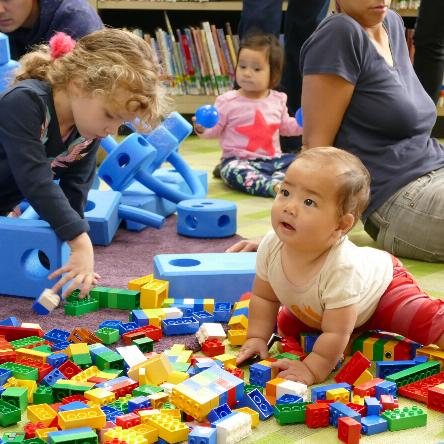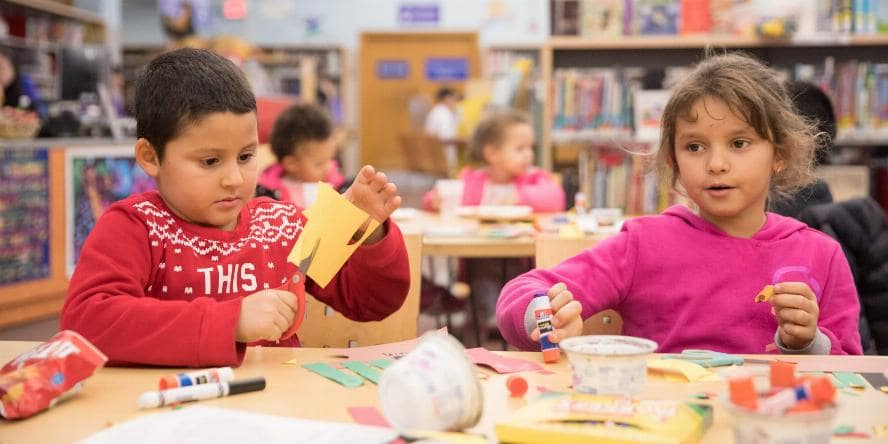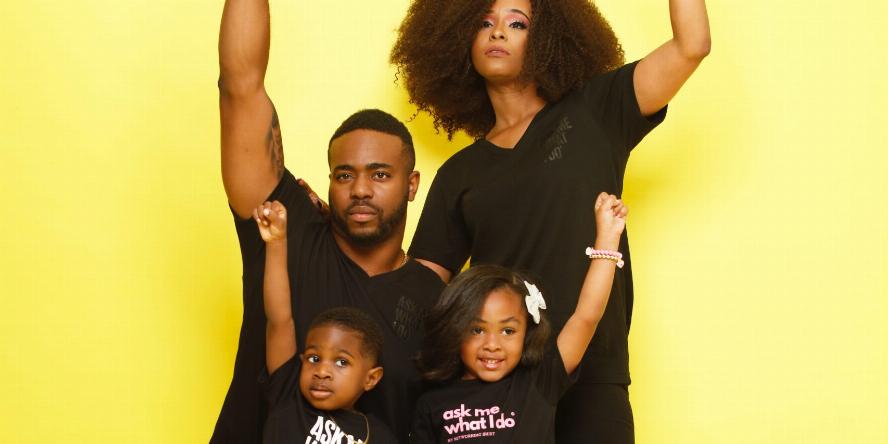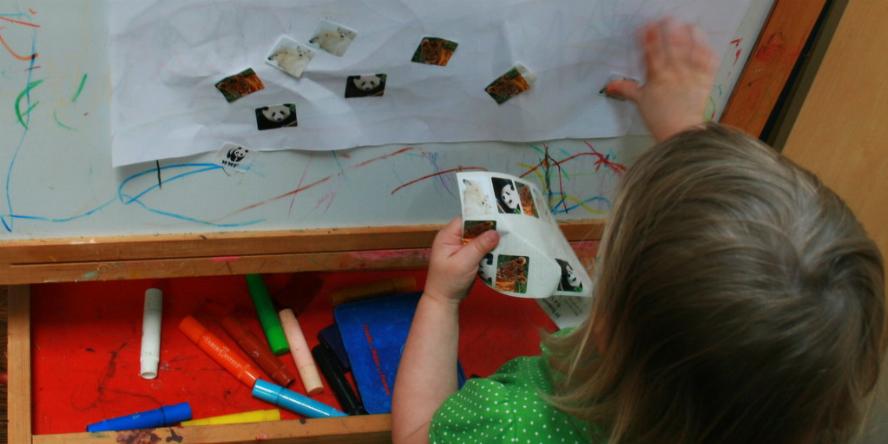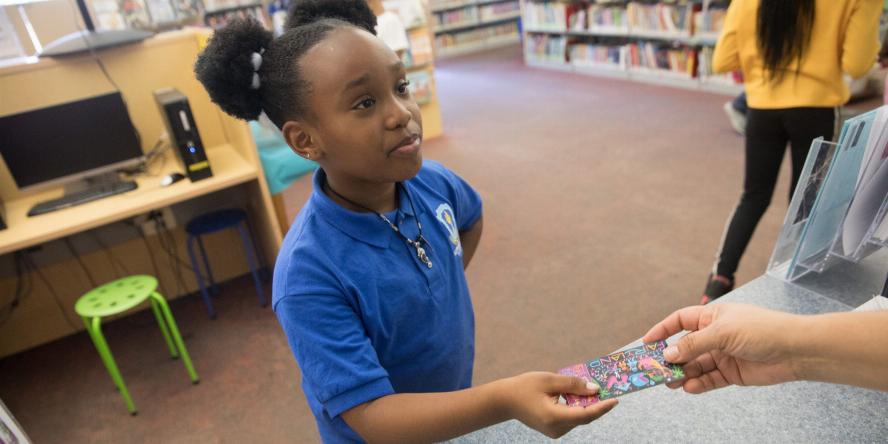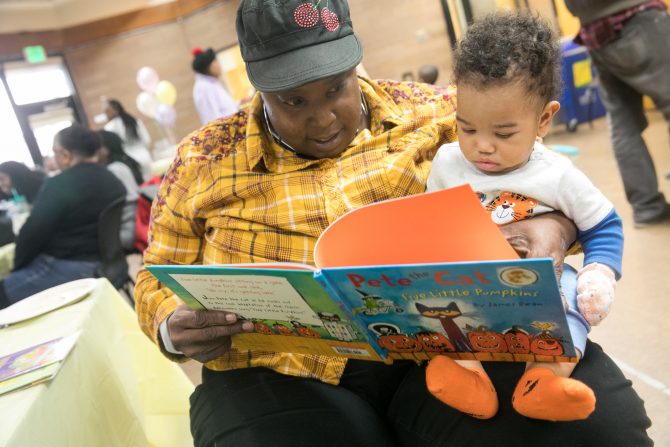
Get Ready to Read!
Learning to read starts before children go to school. If you talk, sing, read, write, and play together, the babies, toddlers, and other young children in your life will be ready to read when they go to school.
Baby Bounce
This storytime is designed for the littlest of library visitors and is very interactive. After storytime, it's playtime!
Toddler Storytime
At toddler storytime you'll find songs, active rhymes, and stories especially for kids 18 months to 3 years-old.
Preschool Storytime
Our preschool storytimes are perfect for children who are 3 to 5. We'll read books, sing songs, and play together. Expect lots of smiles!
Play Cafe
Come and play! Kids under five will hear stories and crawl around with toys.
Baby Bounce
This storytime is designed for the littlest of library visitors and is very interactive. After storytime, it's playtime!
Toddler Storytime
At toddler storytime you'll find songs, active rhymes, and stories especially for kids 18 months to 3 years-old.
Preschool Storytime
Our preschool storytimes are perfect for children who are 3 to 5. We'll read books, sing songs, and play together. Expect lots of smiles!
Play Cafe
Come and play! Kids under five will hear stories and crawl around with toys.
Tips for New Readers
Check out our tips to foster the love of reading for young children!

